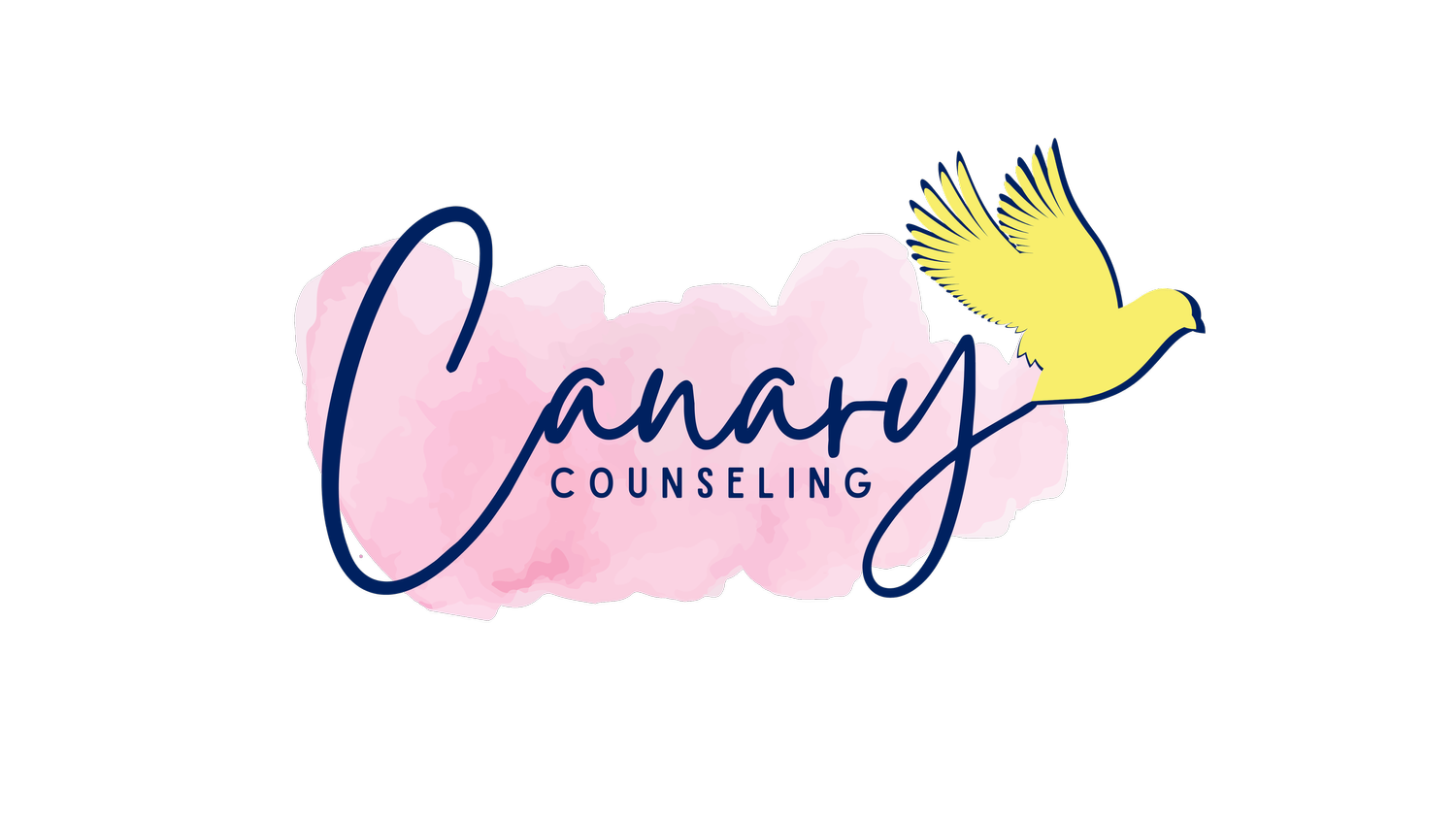
Infertility, Miscarriage, and Neonatal Loss
-
Our Approach
We pride ourselves in providing a compassionate, supportive environment for clients as they navigate the emotional challenges of infertility, pregnancy loss, and perinatal grief/loss. Using evidence-based approaches, we help clients process their experiences, explore their feelings, and develop coping strategies to manage their emotions. Therapy sessions focus on addressing the unique psychological and emotional aspects of these experiences, while empowering clients to find hope and healing in their journey toward parenthood.
-
Specific Training
It is important to see a mental health provider that has specific experience, training, and supervision in these areas. Not every clinician has the ability to hold space and provide the level of care needed to help support you on your recovery. At Canary Counseling, we will connect you with a clinician who fits your needs, or a direct warm hand off referral will be given to you for a specifically trained clinician outside of the practice.
Different Stories, Different Journeys
Yearning for children and the heartbreak associated with infertility, miscarriage, stillbirth, and neonatal loss can be devastating and take a significant toll on mental health. Many experiencing grieving not only the loss of what could be or could have been, but also hopes and dreams they had for themselves and a family. Compounding grief also adds another level of complexity on the recovery and healing process.
Infertility: Infertility is defined as a condition where an individual is unable to become and/or stay pregnant after one year of trying to conceive. There are many possible causes for infertility, and for some, determining the exact cause my be difficult. Being unable to determine the cause of infertility, or to have a diagnosis or identified cause delayed, undergoing rigorous testing, etc. can contribute to even more distress. Sometimes the treatments for infertility can be invasive, painful, expensive, and stressful. For some, the process of trying to conceive may take years, intensive medical testing and interventions. This extensive process can create a rollercoaster of emotions ranging from hope, to devastation, to helplessness, to anger, to anticipation, all of which can take a toll on relationships, physical health, and mental health. Many people experience grief while going through the process of infertility, as so often hopes and dreams of the future feel out of reach.
Miscarriage, Recurrent Pregnancy Loss, and Stillbirths: Miscarriage is usually defined as the loss of a baby before the 20th week of pregnancy. A stillbirth is usually defined as the loss of a baby at or after 20 weeks of pregnancy. The agony of losing a baby during pregnancy can have a significant impact on mental health. Everyone is different and each individual has the right to feel how they feel. For some, one experience with miscarriage is incredibly traumatic; however not everyone will feel the same way. Some individuals may develop anxiety and apprehension about future pregnancies for fear of losing another baby. Medical interventions required to aid in the loss may contribute to anxiety and trauma reactions.
Neonatal Loss: Neonatal loss usually encompasses the loss of a baby post-pregnancy within the first 28 days of life. For some parents, the cause of the loss is unknown, or there are delays in determining what caused the loss of their child. This experience can contribute to significant trauma, anxiety, grief reactions, and emotional distress.
We also know that any loss, at any stage or age, is extremely traumatic, and we are here to support you on whatever your own personal story and journey looks like.
How can they impact Mental Health?
A wide range of mental health issues may worsen or develop when confronted with infertility, miscarriage, stillbirth, or neonatal loss. Some of these include severe grief reactions and bereavement related disorders, significant depression, generalized anxiety, and panic disorders. One of the most prevalent mental health struggles after losses like these can be Post Traumatic Stress Disorder or PTSD. Individuals with PTSD re-experience the event in an intrusive and distressing manner (i.e., flashbacks, nightmares, upsetting memories). In order to cope, a person with PTSD may make attempts to avoid remembering trauma by refusing to think or feel in relation to the event or to be in situations that remind them of the event. Consequently, negative thoughts and/or feelings develop or become enhanced; such as blaming oneself for what happened, having negative thoughts about the self, others, and the world, feeling isolated, struggling to enjoy activities, and difficulty experiencing positive emotion. Lastly, a person’s arousal and reactivity changes, which can manifest as hypervigilance, irritability or aggression, risky or destructive behavior, trouble sleeping and/or concentrating, or heightened startle response.
Postpartum Support International has a great list of resources to help find additional support during this time.


